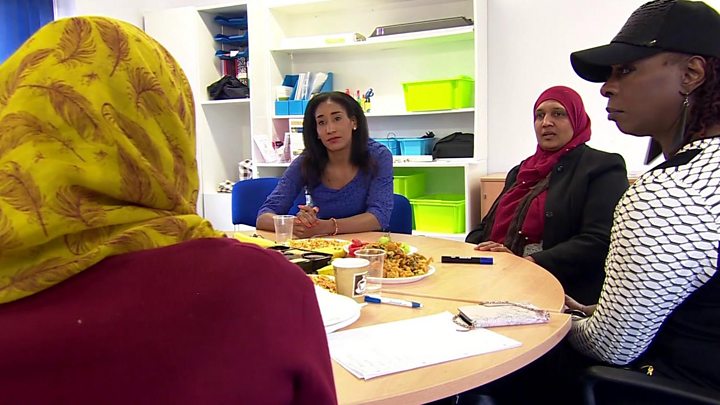End-of-life care not ‘culturally competent’

Media playback is unsupported on your device
A study has been launched to try to boost the number of black and Asian people using end-of-life care services.
Figures suggest black and Asian patients are 20% less likely to seek palliative help than their white counterparts.
There is concern they feel excluded by the way the services are currently set up.
The researchers, from Leicester, plan to use their results to develop national guidance to improve access.
Let down by ‘agonising’ end-of-life care
How to talk about dying to someone who is dying
Diagnosed with lymphoma in 2017, Dalbagh Singh visits his local hospice in Luton for weekly treatment.
But many Sikh families simply would not consider hospice care, he says.
“The concept the Asian community have of a hospice is a place you go… to die,” he says.
“I didn’t want to come to a hospice at first but there was a certain nurse at a health centre and she said, ‘Just try it,’ and I’m so grateful that I came.
“It’s made my life a lot more comfortable.”
Differences in culture, religious practices and language barriers have been cited as reasons why Asian people might be reluctant to access end-of-life care.
Some doctors are also reluctant to offer services because they may not fully understand a patient’s needs or fear they may cause offence.
The research team, based at the Loros hospice, will gather evidence from black and Asian patients, families, caregivers, and health professionals from across the Midlands over the next 30 months.
Gurch Randhawa, professor of diversity in public health at the University of Bedfordshire, said the current model of end-of-life care was not “culturally competent”.
He said: “Once we really start to reflect upon the way our population is changing and meeting the needs of all different communities, then we will be in a much better place.”
Former care assistant Hardev Notta, the Asian communities adviser at Acorns Children’s Hospice, in Birmingham, runs a support group for Asian mothers, which started in the 1990s.
She said: “We have a diverse workforce because it can only make a difference.
“In the coming years, I’d like to see more hospices raise the profile within all communities.
“We provide a service for the mums and extended families.”
Hospice UK chief executive Tracey Bleakley said: “There are huge barriers.
“Many hospices, their names start with the word ‘Saint’ and they are very rooted in their Christian heritage.”
A Department of Health and Social Care official said the government was committed to ending unnecessary variation in care across the health system by 2020.

